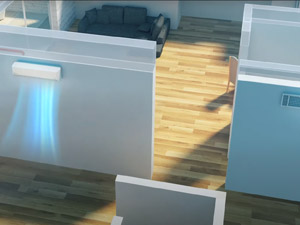
Are you in the market for a new air conditioner? If so, you may be wondering if Life Zone air conditioners are the best choice for you. We believe that they are! Not only are these AC units high quality and affordable, but they also come with several features that are sure to appeal to you. In this blog post, we will discuss the many benefits of choosing Life Zone air conditioners!
Types of Life Zone Air Conditioners

There are a few different types of Life Zone air conditioners to choose from of which the two most popular options are the window unit and the portable AC unit. All of these units have unique benefits that make them perfect for certain situations. Let’s take a closer look at each option!
1. Window Air Conditioners
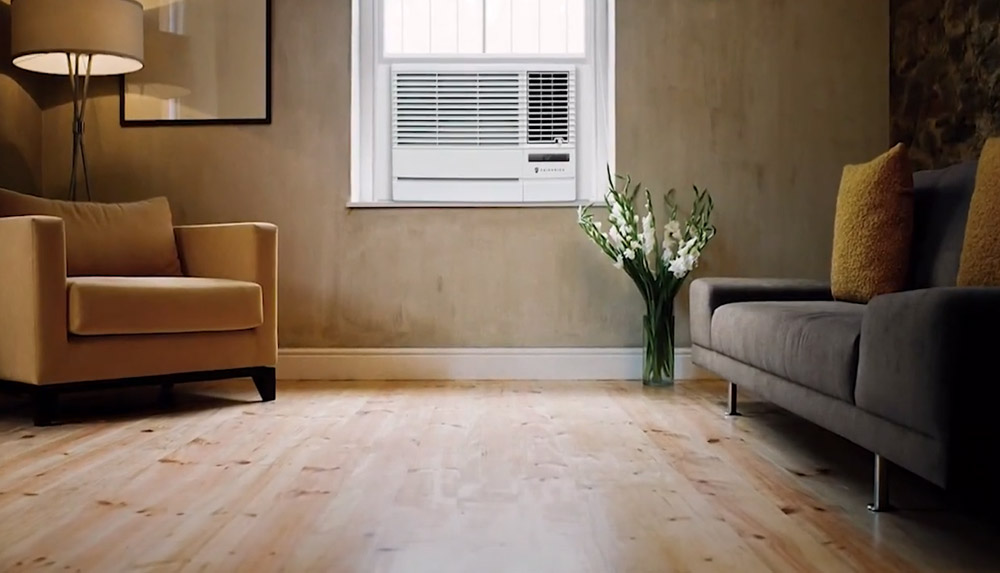
A window unit is perfect for cooling down a single room in your home. It installs easily into any standard window frame, and it doesn’t require any special wiring or installation. Plus, it comes with a remote control so you can easily adjust the settings from anywhere in the room.
Window air conditioners also have several other benefits, including:
- They are affordable
- They are energy efficient
- They come with a variety of different features, such as timers and sleep modes
- They cool down rooms quickly
If you need to cool down one specific room in your home, then a window unit is the perfect option for you!
2. Central Air Conditioning
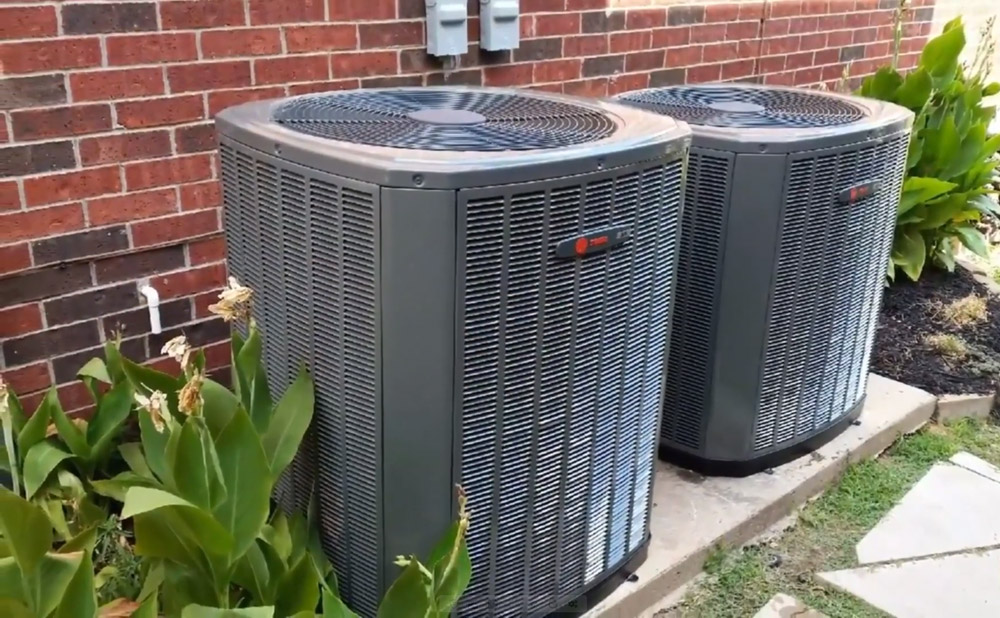
Central air conditioning is a great way to cool an entire house. It circulates cooled air through ducts that run throughout the home.
This type of system is perfect for large homes or those with multiple stories. A central AC unit also typically has a higher cooling capacity than window units, making it better suited for larger spaces.
If you decide to go with central air conditioning, make sure your home is properly insulated. Without proper insulation, your energy bills will skyrocket! In addition, be sure to have your HVAC contractor install a zoning system.
A zoning system allows you to customize the climate in each room of your house. This is a great feature, especially if you have rooms that are used less often. Zoning systems can be expensive, but they’re worth the investment!
However, central AC systems can be expensive to install and maintain. They also require professional installation, which can add to the overall cost. If you are looking for a budget-friendly option, central AC may not be right for you.
3. Portable Air Conditioners
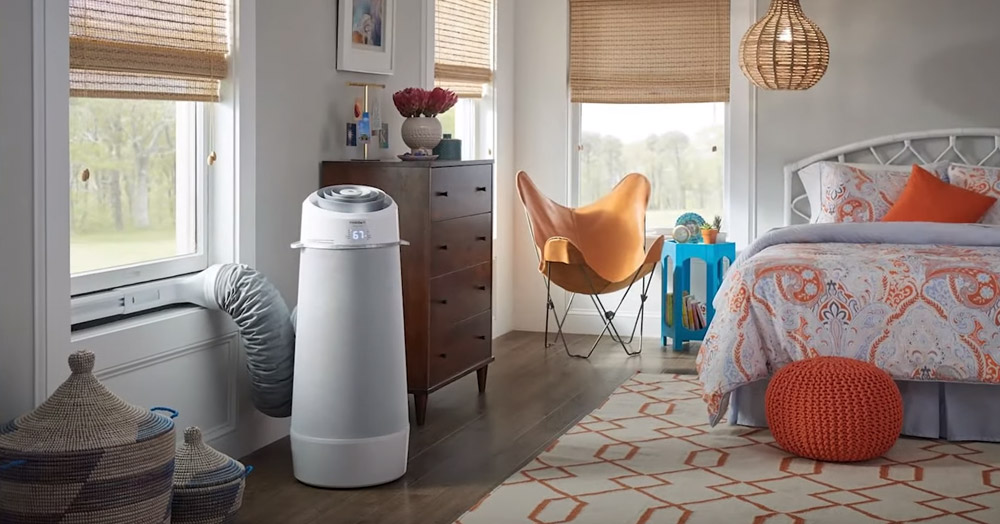
A portable AC unit is great for cooling down an entire room or even an entire house. It’s easy to move from room to room, and it doesn’t require any special wiring or installation. Plus, it comes with a remote control so you can easily adjust the settings from anywhere in the room.
If you’re looking for an affordable AC unit that doesn’t sacrifice quality, a portable air conditioner is a great option. And with summer right around the corner, now is the perfect time to start shopping!
4. Through-the-wall Air Conditioners
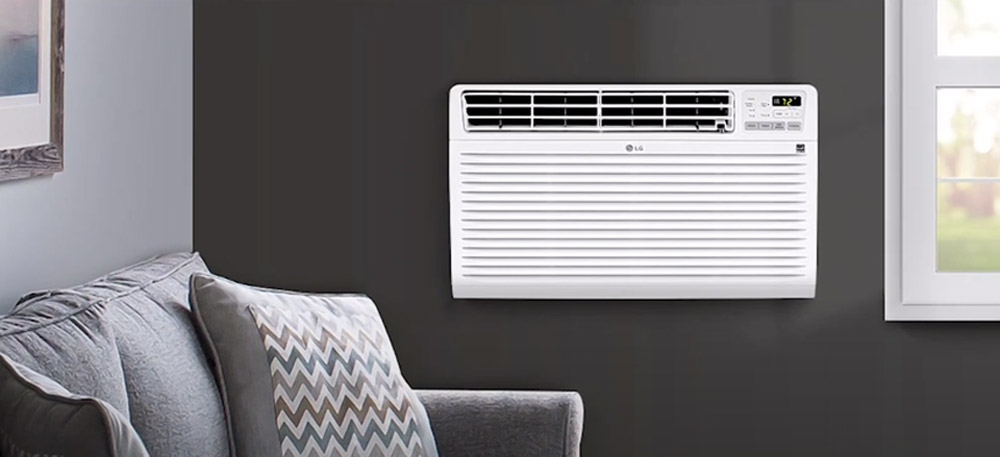
If you are looking for an air conditioner that does not require a window opening, then a through-the-wall air conditioner is a perfect choice. These units fit snugly into an existing wall opening and provide cool air to your home. They also come with a variety of features, including adjustable fan speeds, energy efficiency ratings, and programmable thermostats.
5. Ductless Split System Air Conditioners
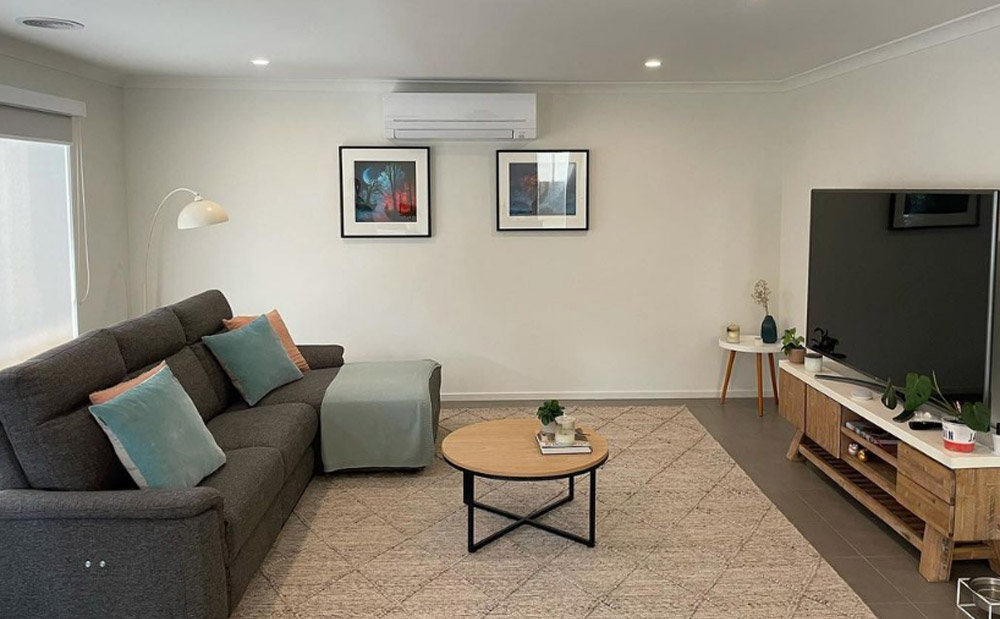
Ductless split system air conditioners are a great option for homes without ductwork. These systems consist of two units: an indoor unit that is mounted on the wall and an outdoor unit. The indoor unit houses the compressor and condenser while the outdoor unit contains the fan and coil.
Ductless split system air conditioners are Energy Star certified and can cool up to 400 square feet.
6. Evaporative or “Swamp” Coolers
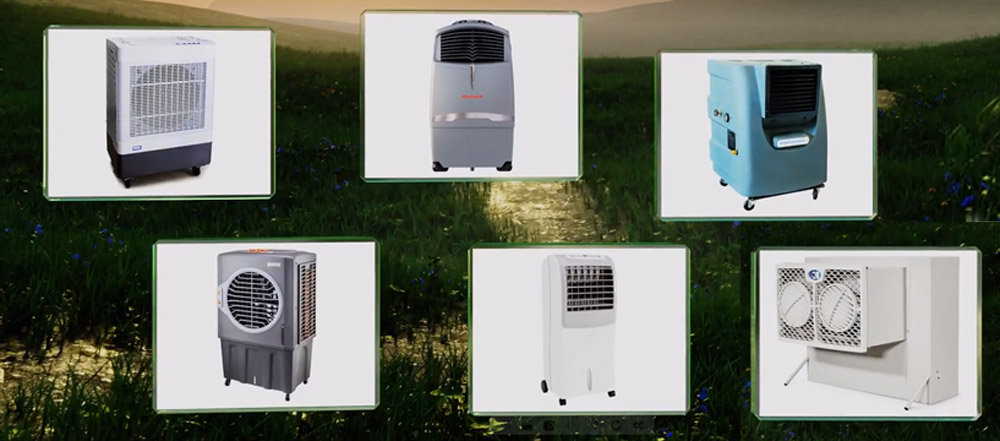
Evaporative or “swamp” coolers are a great alternative to air conditioners, particularly in dry climates. They use water evaporation to cool the air, which is then circulated through the house. Swamp coolers are less expensive to operate than air conditioners and can be installed in homes without central air conditioning. However, they are not as effective at cooling the air as air conditioners and may not be suitable for humid climates.
7. Geothermal Heating and Cooling
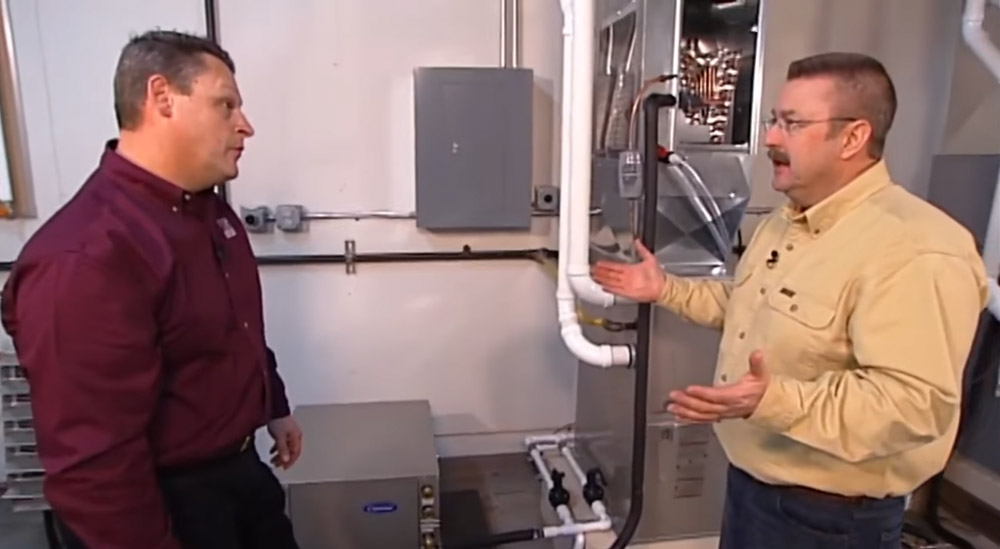
Geothermal heating and cooling is a great option for those who want to save on their energy bills. This system uses the earth’s natural thermal energy to heat and cool your home. It is also incredibly reliable, making it a great choice for those who live in areas with extreme weather conditions.
All of these options come in a variety of different sizes, so you can find the perfect one for your needs. If you’re not sure which type of Life Zone air conditioner is best for you, our team would be happy to help! We can discuss your needs and recommend the perfect unit for your situation. Contact us today to get started!
What to Consider Before Purchasing Your Life Zone Air Conditioning System
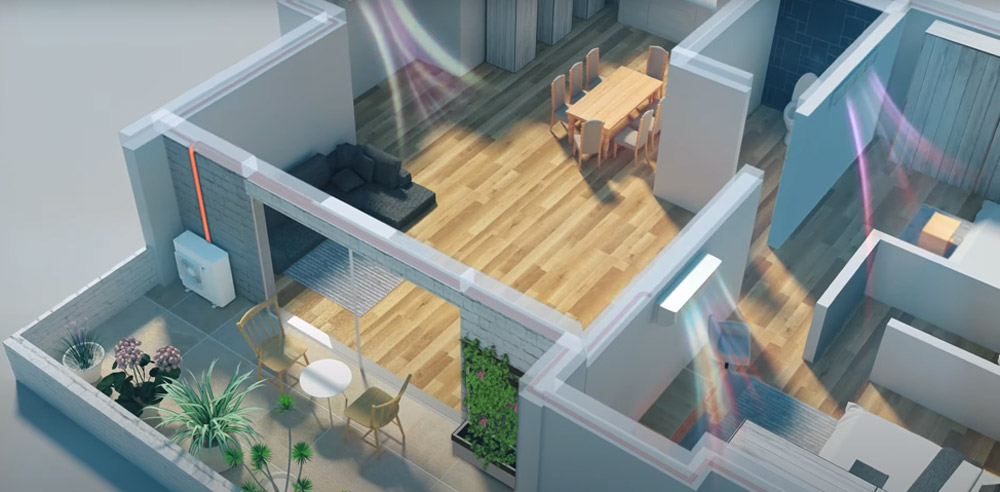
When it comes to air conditioning, there are a lot of factors to consider. Size of the room, type of climate, and budget all come into play when choosing the best unit for your needs. That’s why we’ve put together this guide on how to choose the perfect Life Zone air conditioner for you and your home.
1. Cost
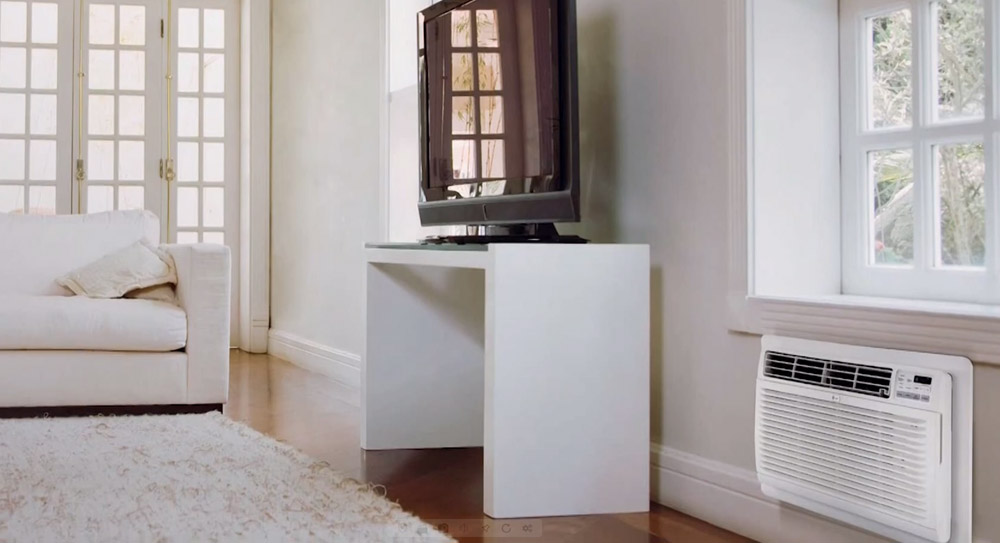
One of the most important factors to consider when purchasing an air conditioner is cost. Air conditioners can be expensive, but several factors can help you find the best deal on the right unit for your needs.
- First, consider what type of air conditioner you need. Window units are generally less expensive than central air conditioning, but they also have lower cooling capacities. If you have a large room or live in a hot climate, you may need to invest in a more powerful unit.
- Second, compare prices between retailers. Be sure to ask about installation costs and any other associated fees. Some retailers offer financing plans that can make the cost of air conditioning more affordable.
- Finally, consider using a rebate program to reduce the cost of your new air conditioner. Many states and local governments offer rebates for energy-efficient appliances, including air conditioners.
By taking these factors into account, you can find the perfect Life Zone air conditioner at an affordable price.
2. BTU Output
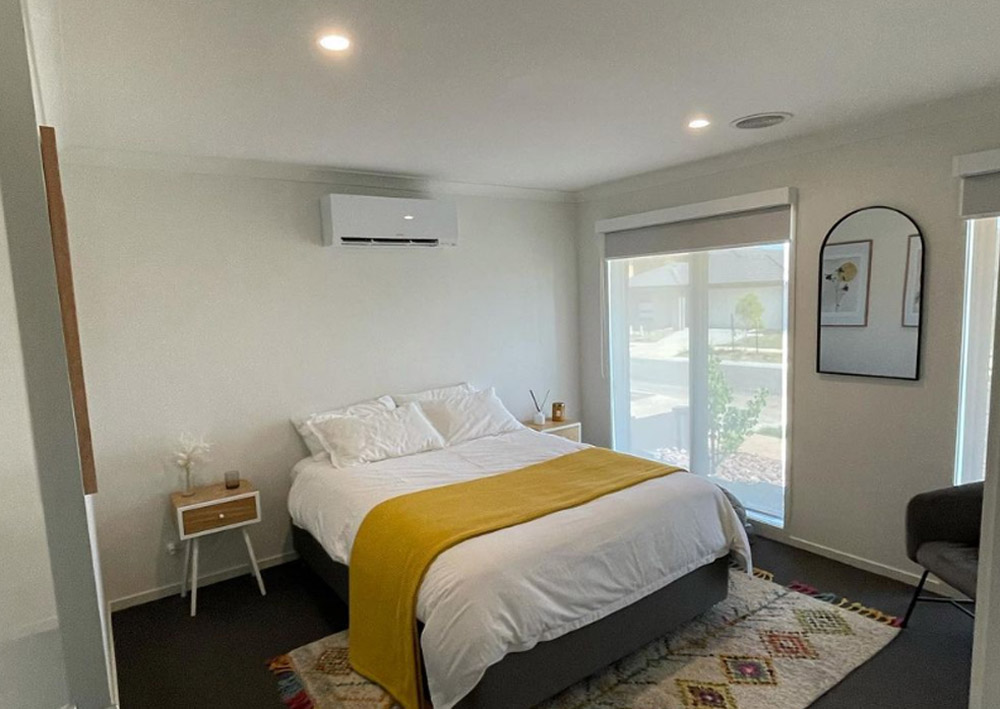
First off, what size AC do you need? Air conditioners are sized in BTUs (British Thermal Units) which tells you how much heat the unit can remove from the room per hour. You want to make sure that your AC is powerful enough to cool down your entire space. To find out how many BTUs you need, use our handy calculator below:
| Room Size (square feet) | BTUs Required |
|---|---|
| 100 to 150 | 12,000 |
| 150 to 250 | 18,000 |
| 250 to 300 | 21,000 |
| 300 to 350 | 24,000 |
| 350 to 400 | 27,000 |
| 400 to 450 | 30,000 |
| 450 to 500 | 33,000 |
| 500+ | 36,000 |
You can also use this information as a general guideline when selecting an AC unit. If your room is close to the size of the one on the table above, you’ll want an AC with about that many BTUs. However, if your room is much bigger or smaller than the example given, you may need more or fewer BTUs.
3. Controls
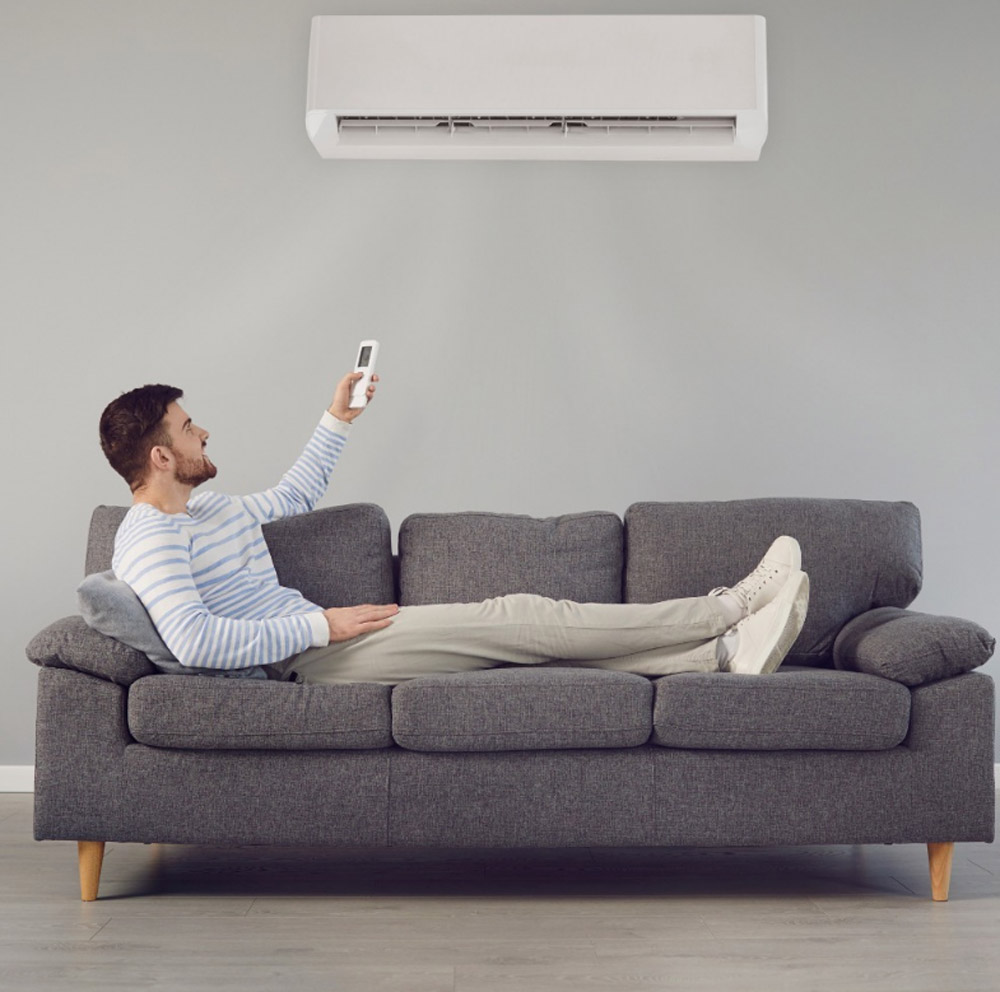
Most air conditioners have a thermostat to control the temperature. However, some high-end models include additional features such as humidity and air quality controls. These features can help you maintain a comfortable environment in your home while also improving your indoor air quality.
If you are looking for an affordable air conditioner with advanced controls, consider a life zone model.
Life zone air conditioners offer a variety of controllable features, including energy efficiency modes, fan speeds, and cooling temperatures. This allows you to customize your unit to meet your specific needs and preferences.
In addition to controlling the temperature and airflow of the unit, many life zone models also come with filters that remove harmful particles from the air. This can improve your indoor air quality and help you breathe easier.
4. Plug Types
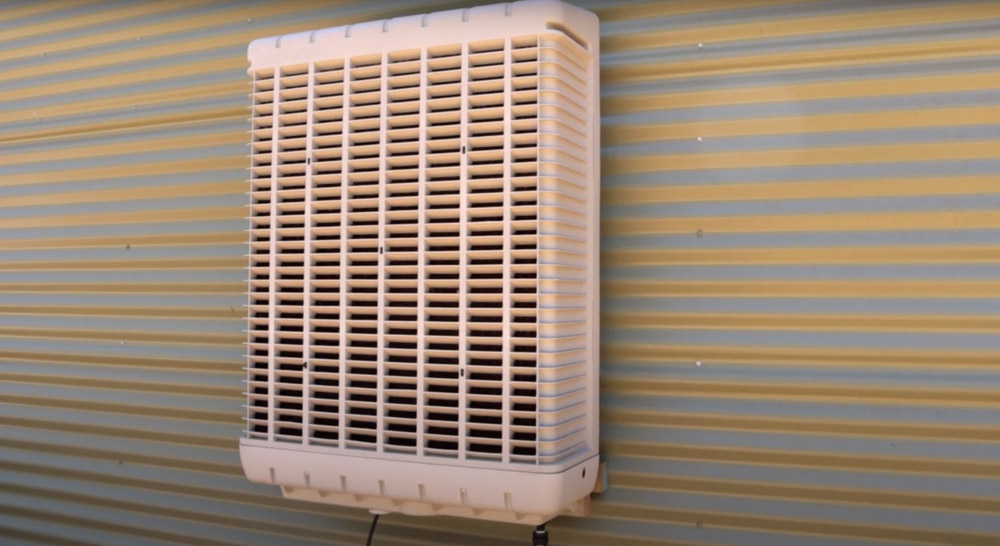
Air conditioners come with two different plug types: standard and compact. Standard plugs are the most common type and will fit into any standard outlet. Compact plugs are designed for use in tight spaces, such as an RV or a boat.
If you plan to use your air conditioner in a confined space, be sure to check the plug type before making your purchase. Some life zone models come with both standard and compact plugs, while others only have one or the other.
Make sure to also check the size of the AC unit itself. Many compact units are smaller than traditional air conditioners, making them perfect for small spaces.
5. SEER and EER Ratings
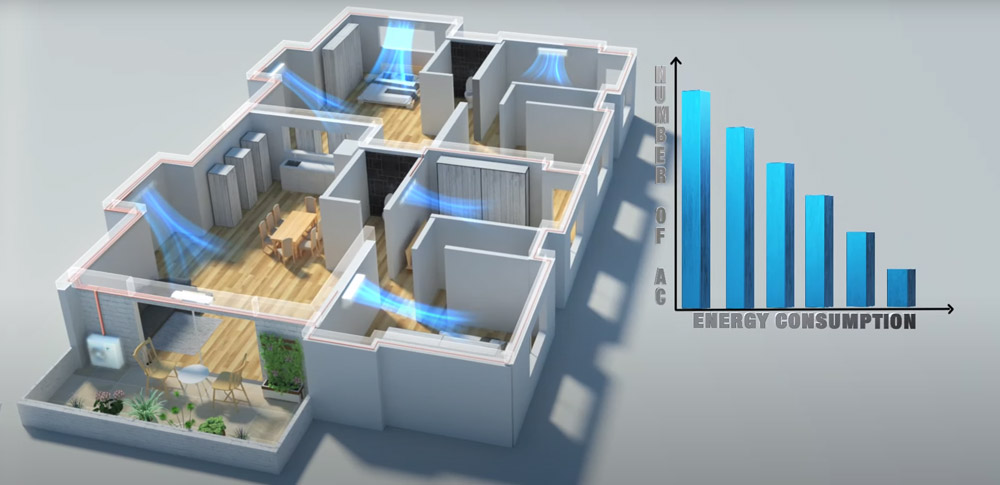
SEER (Seasonal Energy Efficiency Ratio) and EER (Energy Efficiency Ratio) are two ratings that you should look for when shopping for an air conditioner. SEER rating is a measure of how energy-efficient the AC is, while EER rating tells you how efficient the unit is at cooling.
The higher the SEER and EER ratings, the more energy-efficient the AC will be. This can save you money on your monthly energy bills. In addition, many states offer rebates for high-efficiency appliances, including air conditioners.
Be sure to check the SEER and EER ratings before making your purchase to ensure that you’re getting an energy-efficient model.
Many life zone models have high SEER and EER ratings, making them a great choice for those looking to save money on their energy bills.
6. Design
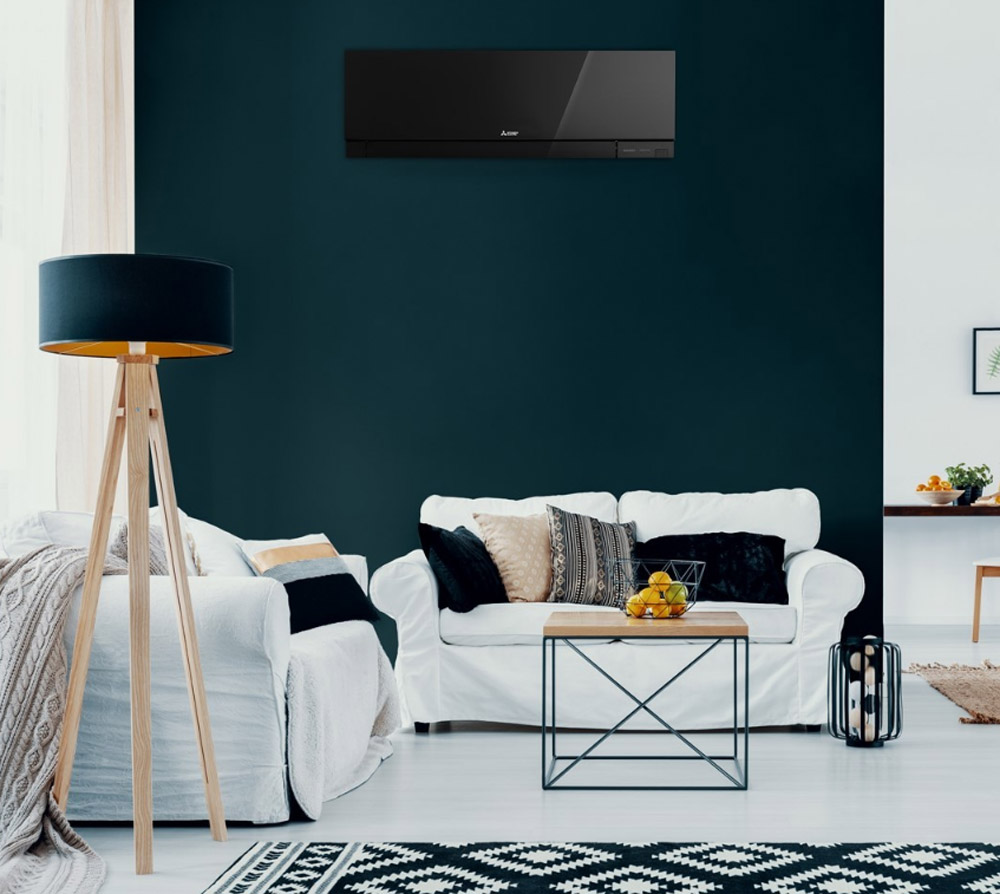
Air conditioners come in a variety of shapes and sizes, making it easy to find one that will fit your needs and preferences. Some units are designed to blend in with your décor, while others are more industrial-looking.
If you are looking for an air conditioner with a sleek design, consider a life zone air conditioner. They have a modern look that will complement any home décor. In addition, many life zone ACs come in different colors, so you can choose the one that best suits your style.
Conclusion
If you’re looking for an affordable and energy-efficient way to cool your home, consider installing a life zone air conditioner. These units are perfect for small spaces, and they use significantly less energy than central AC units. Plus, life zone air conditioners come with a variety of features that are sure to appeal to homeowners of all ages. So don’t wait any longer – contact us for a free consultation!
